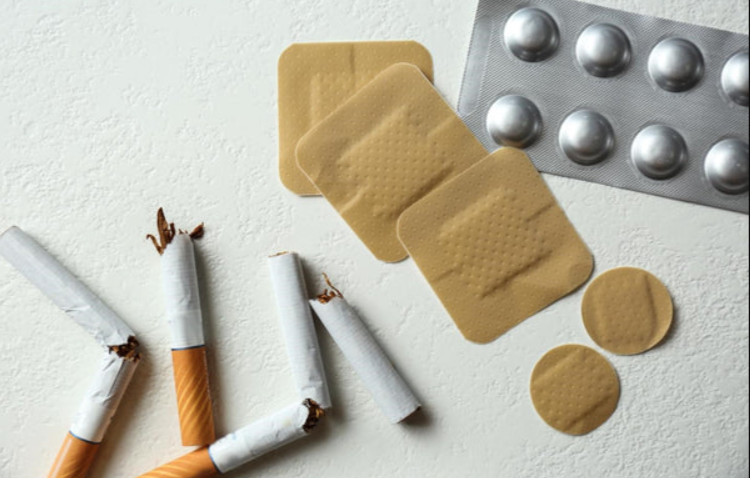Introduction:
wellhealthorganic.com know why not to reuse plastic water bottles know its reason in hindi : Many water bottle manufacturers design their products for single-use, but for those concerned about the environment or in need of a quick container, the question of whether it’s safe to refill these bottles arises.
The safety largely depends on the type of plastic used, as indicated by the number inside the recycling symbol on the bottle.

Types of Plastic Bottles wellhealthorganic :
Also Read: WELLHEALTHORGANIC VITAMIN B12
- Polyethylene terephthalate (PETE or PET): Identified by the number “1,” PET is a lightweight plastic commonly used in water bottles and various food containers. The FDA deems PET safe for both single and repeated use, but caution is advised against exposure to extreme temperatures.
- High-density polyethylene (HDPE): Labeled with a “2,” HDPE is a robust and durable plastic suitable for detergent bottles and liquid containers. Reusing HDPE bottles is generally safe, provided they are well-washed and free of damage.
- Other (Type-7 plastics): Plastic materials falling under category “7” may contain bisphenol A (BPA), a chemical linked to hormonal disruptions. Some bottles in this category, particularly polycarbonate bottles, may leach BPA, prompting individuals to avoid them if they prefer BPA-free alternatives.
Chemical Leaching Concerns wellhealthorganic :
wellhealthorganic.com know why not to reuse plastic water bottles know its reason in hindi : Chemical leaching, where substances from the plastic mix with the liquid inside, is a common worry. While PET and HDPE bottles are low-risk, precautions include avoiding exposure to high temperatures and storing bottles properly to minimize any potential leaching.
Bacterial Growth:
Bacterial growth poses a greater concern than chemical leaching in reused plastic water bottles. The risk increases with touch and unfinished beverages left at room temperature. Thorough washing is crucial, and wear and tear can create surfaces prone to bacterial growth.
Alternatives to Plastic Bottles:
For those looking to balance convenience with environmental consciousness, reusable stainless-steel or glass bottles are recommended alternatives. These materials are easy to clean, eliminating concerns about bacterial overgrowth or chemical leaching, and they contribute positively to sustainability efforts.
Conclusion:
wellhealthorganic.com know why not to reuse plastic water bottles know its reason in hindi : The safety of reusing plastic water bottles depends on the type of plastic, with PET and HDPE generally considered safe.
However, to address concerns about bacterial growth and environmental impact, opting for reusable stainless-steel or glass bottles is a more sustainable and health-conscious choice. Proper care, including thorough washing, ensures a balance between convenience and environmental responsibility.
Read more : well health tips in hindi wellhealth
FAQ
1. Can I safely reuse plastic water bottles?
wellhealthorganic : Yes, in many cases, you can safely reuse plastic water bottles. However, it’s essential to consider the type of plastic the bottle is made from. Some plastics may release harmful chemicals when exposed to heat or repeated use. Look for bottles with recycling codes 1 (PETE) or 5 (PP), as these are generally considered safe for reuse.
2. How many times can I reuse a plastic water bottle?
The number of times you can safely reuse a plastic water bottle depends on factors like the type of plastic, how well you clean it, and how frequently you use it. It’s advisable to replace bottles that show signs of wear, scratches, or cloudiness, as these can harbor bacteria and be harder to clean.
3. Is it safe to refill plastic water bottles and leave them in the sun?
Leaving plastic water bottles in the sun can lead to the release of harmful chemicals. It’s best to store plastic bottles in a cool, shaded place. Additionally, if a bottle is labeled as single-use, it’s not intended for prolonged use or exposure to heat.
4. How should I clean reusable plastic water bottles?
wellhealthorganic.com know why not to reuse plastic water bottles know its reason in hindi :To clean reusable plastic water bottles, use warm water and soap. Some bottles are dishwasher-safe, but check the manufacturer’s recommendations. Avoid using harsh chemicals or bleach, as they can degrade the plastic and potentially release harmful substances.
5. Are there health risks associated with reusing plastic water bottles?
While using plastic water bottles can be safe, there are concerns about the potential release of harmful chemicals, especially when exposed to heat. BPA (bisphenol A) and phthalates are two examples. To minimize risks, choose bottles labeled as BPA-free, avoid exposing them to high temperatures, and replace them periodically.



